Thailand chooses Hudson
The Football Association of Thailand (FAT) has just announced Anthony Hudson as head coach, just a few days after parting ways with Masatada Ishii.
This decision was described by the Thai media as a “strategic move”, but for most Thai football fans, it was a risky gamble rather than a safe choice.
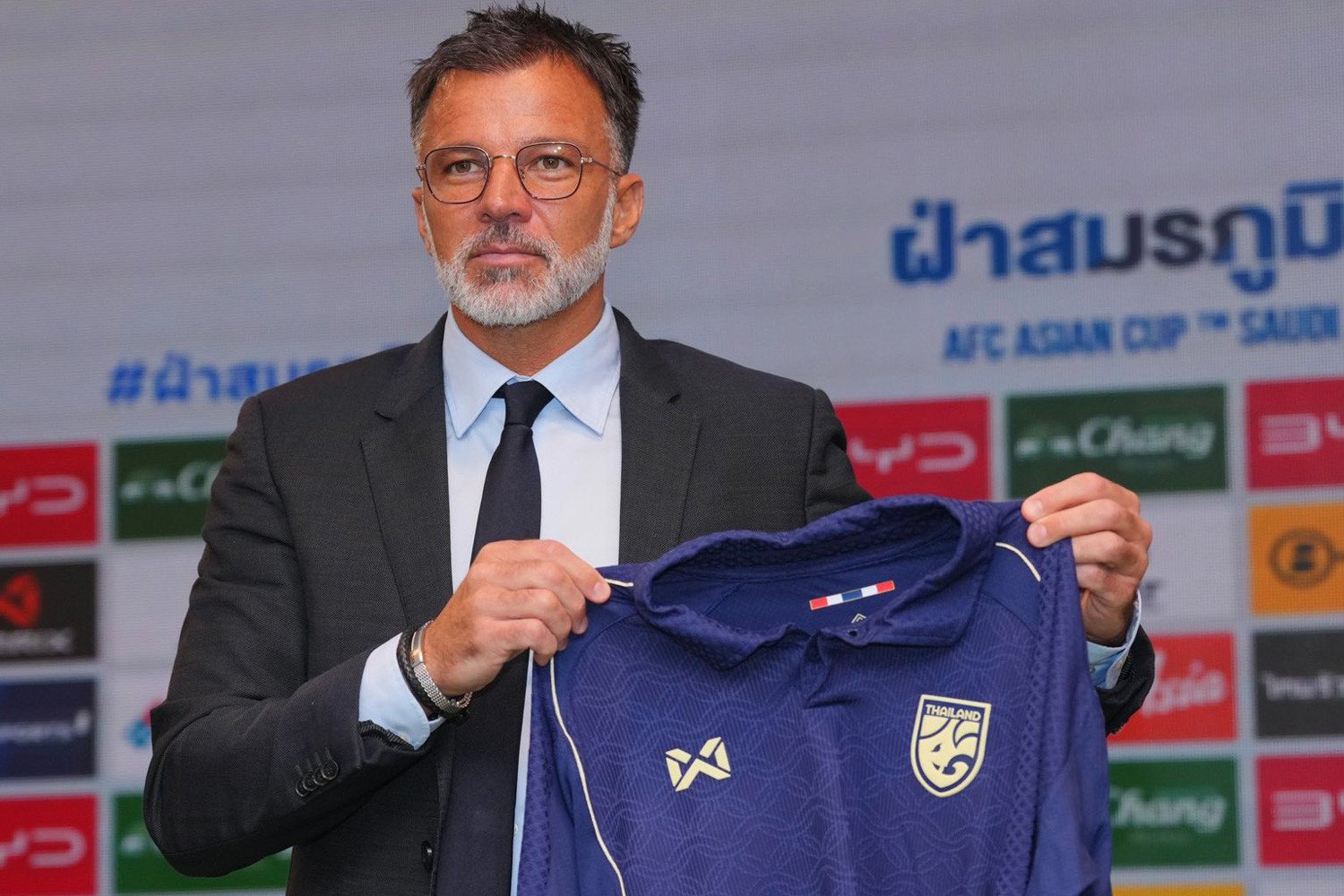
Hudson, born in the US and a British citizen, coached New Zealand from 2014 to 2017.
During the period when soccer was affected by the Covid-19 pandemic, Hudson joined the US team's coaching staff as an assistant to Gregg Berhalter.
In the first half of 2023, the 44-year-old, a former West Ham midfielder, took over as interim coach of the United States, where he managed five matches, winning two, drawing two and losing one.
Hudson's name is largely associated with teams in the Oceania region - where the level and competitive environment have never been considered comparable to Asia, Europe or South America.
What he achieved with New Zealand – winning the 2016 OFC Nations Cup, and qualifying for the 2018 World Cup play-offs – was a remarkable achievement.
Nevertheless, this achievement is still far from the standard that Thailand is aiming for: regaining its position as number one in Southeast Asia, and reaching continental prominence.
FAT has reasons to choose Hudson. He used to be the Technical Director for the Federation, as well as having time to coach BG Pathum Club.
Nualphan Lamsam – or billionaire Madam Pang – and FAT officials trust Hudson to understand the structure, people and potential of the Thai football system.
Bringing him to the head coach position, temporarily in charge, is said to ensure "continuity" in the transition process after Masatada Ishii leaves.
Hudson speaks English, has a Western football background, and more importantly – is willing to cooperate with local experts in youth training.
In theory, this is a coach with a modern vision, who has worked in a professional environment in the US and has experience building long-term strategies.
Question for ambition
However, the downside of this choice is also very clear. Hudson has never demonstrated his ability to lead at a high level. When leading the US, he did not leave a significant tactical mark.
In the eyes of many Thai fans, this is “more of a manager than a real coach”, someone who is used to supporting and planning roles, not someone who directly changes the outcome of a match.
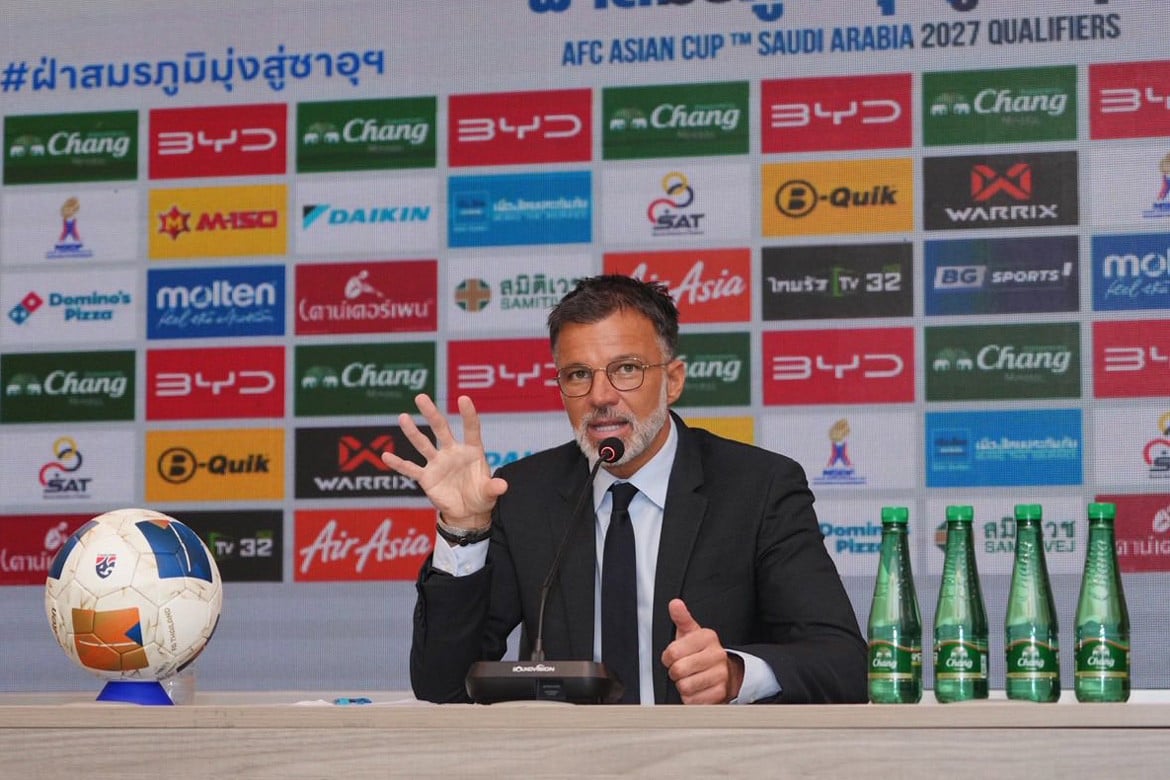
Compared to names like the legendary Kiatisuk or the "failure" Akira Nishino, Hudson has almost no immediately impressive resume.
Thai football is starting to split. One side believes Hudson can bring a new mindset, connecting youth training and the national team, helping the “War Elephants” aim for the 2027 Asian Cup with a solid foundation.
But the other side believes that FAT is taking a gamble: from a top football background in Southeast Asia, they chose a coach who has not proven his worth in a top environment.
Even a major newspaper wrote: "If full power is given just because of internal understanding, Thailand may lose a few more years of testing."
The context makes this decision all the more sensitive. Southeast Asia is in turmoil: Malaysia is reeling from a naturalization scandal, Indonesia fired Patrick Kluivert after only a few months.
In the midst of the chaos, Thailand wanted to present themselves as a stable pillar. However, they chose a coach whose career was marked by unfinished beginnings.
Anthony Hudson can bring something new: discipline, science and a more global perspective to Thai football. But to convince audiences, he needs more than a development plan or energetic speeches.
Thai football, after years of overconfidence, now needs concrete results. Between ambition and skepticism, Hudson will have to do a lot to prove himself worthy of the goal of winning a ticket to the Asian Cup 2027 and conquering the ASEAN Cup 2026.
Source: https://vietnamnet.vn/thai-lan-thue-hlv-anthony-hudson-tham-vong-va-hoai-nghi-2455849.html



![[Photo] Explore the US Navy's USS Robert Smalls warship](/_next/image?url=https%3A%2F%2Fvphoto.vietnam.vn%2Fthumb%2F1200x675%2Fvietnam%2Fresource%2FIMAGE%2F2025%2F12%2F10%2F1765341533272_11212121-8303-jpg.webp&w=3840&q=75)




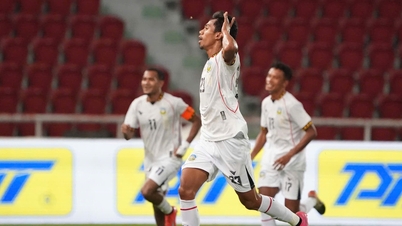

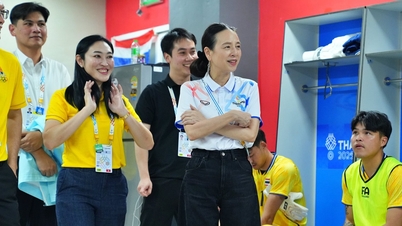
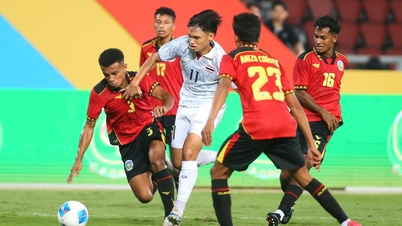

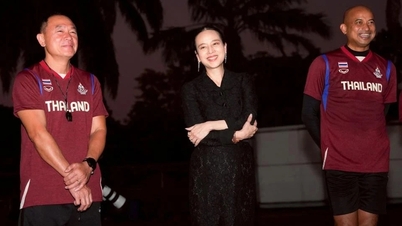

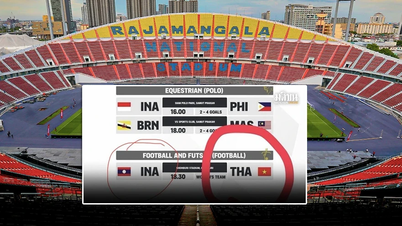

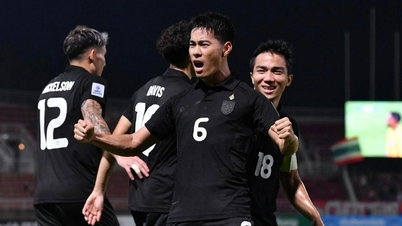
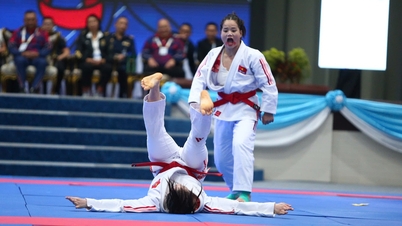
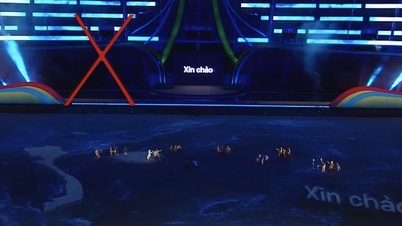

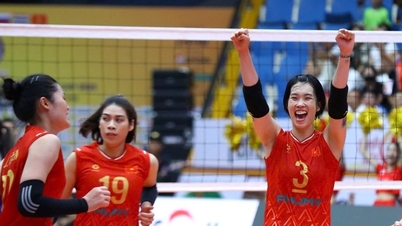

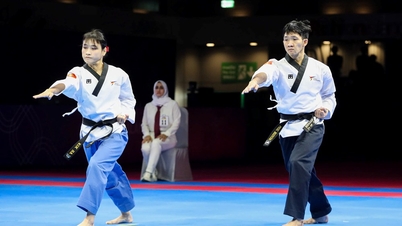






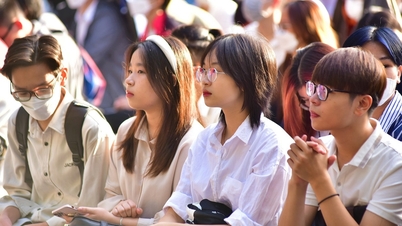

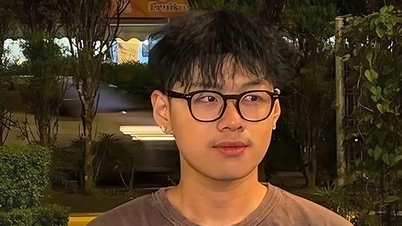
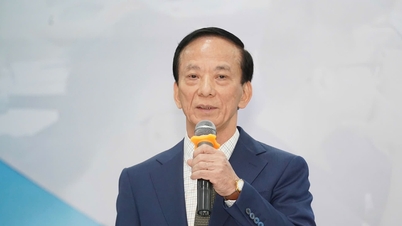






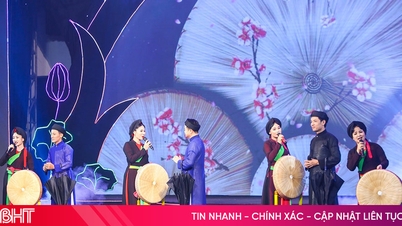

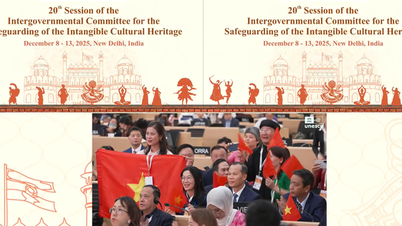

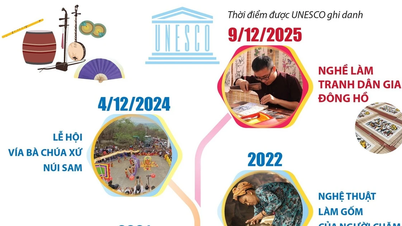

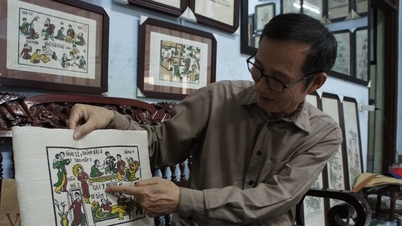




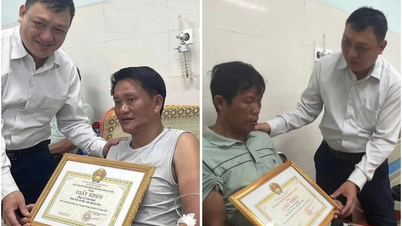

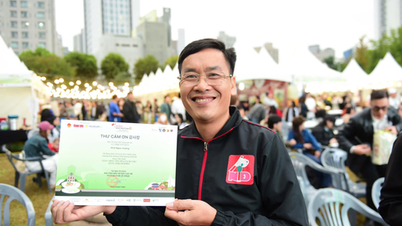





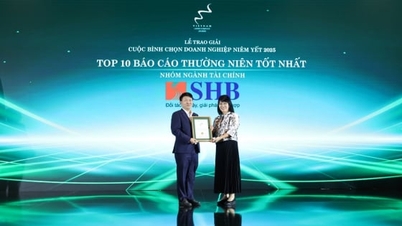

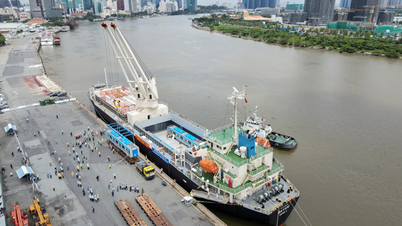

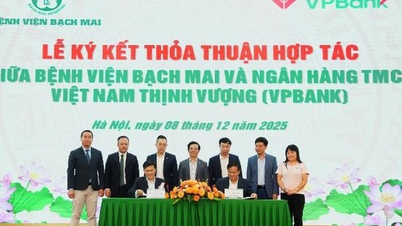







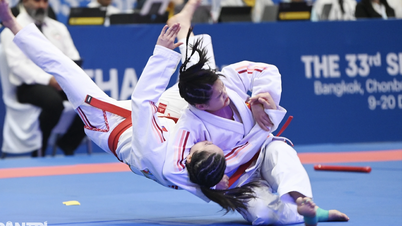
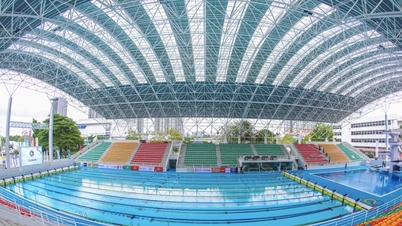
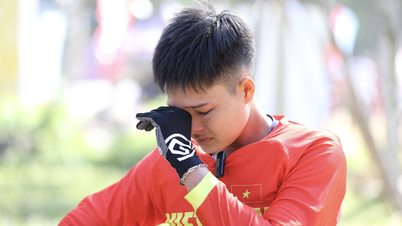
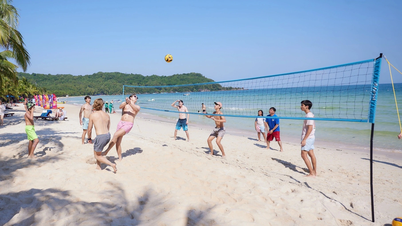
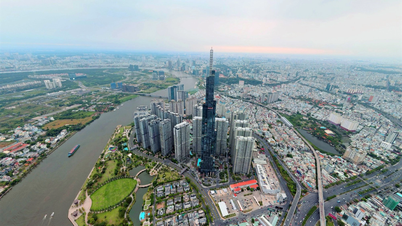
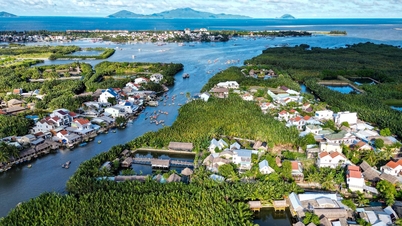



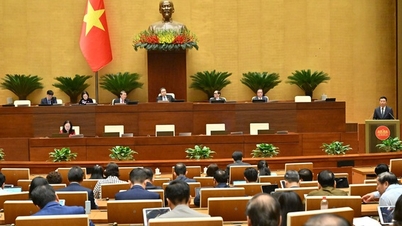

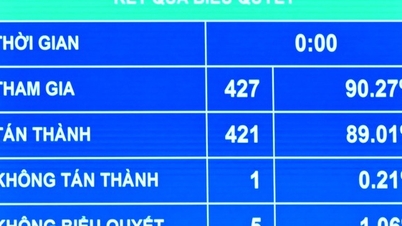
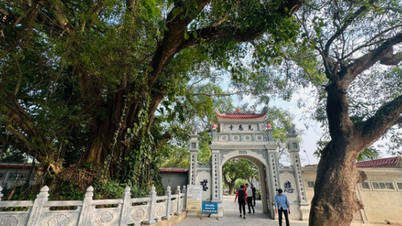
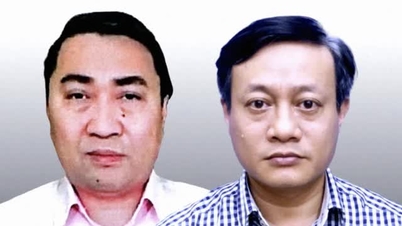


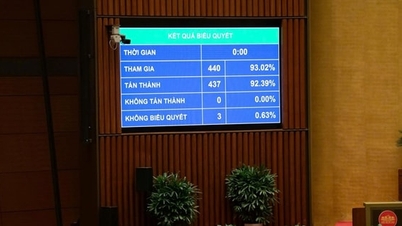

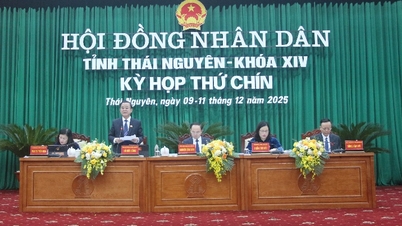


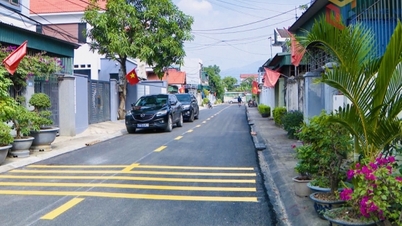















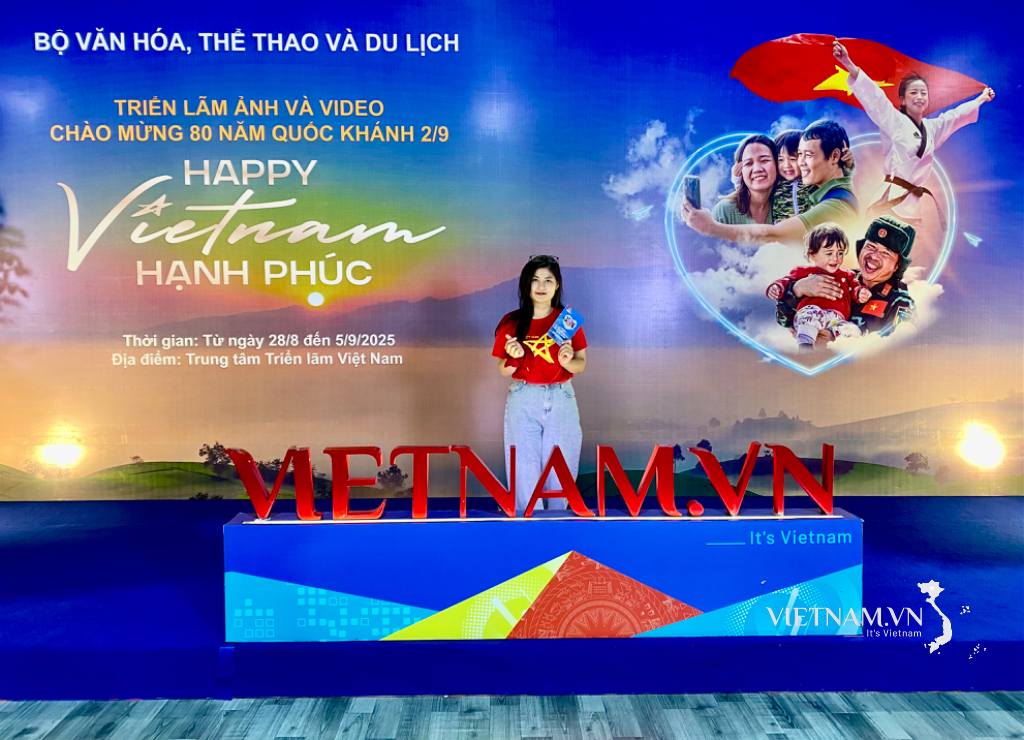
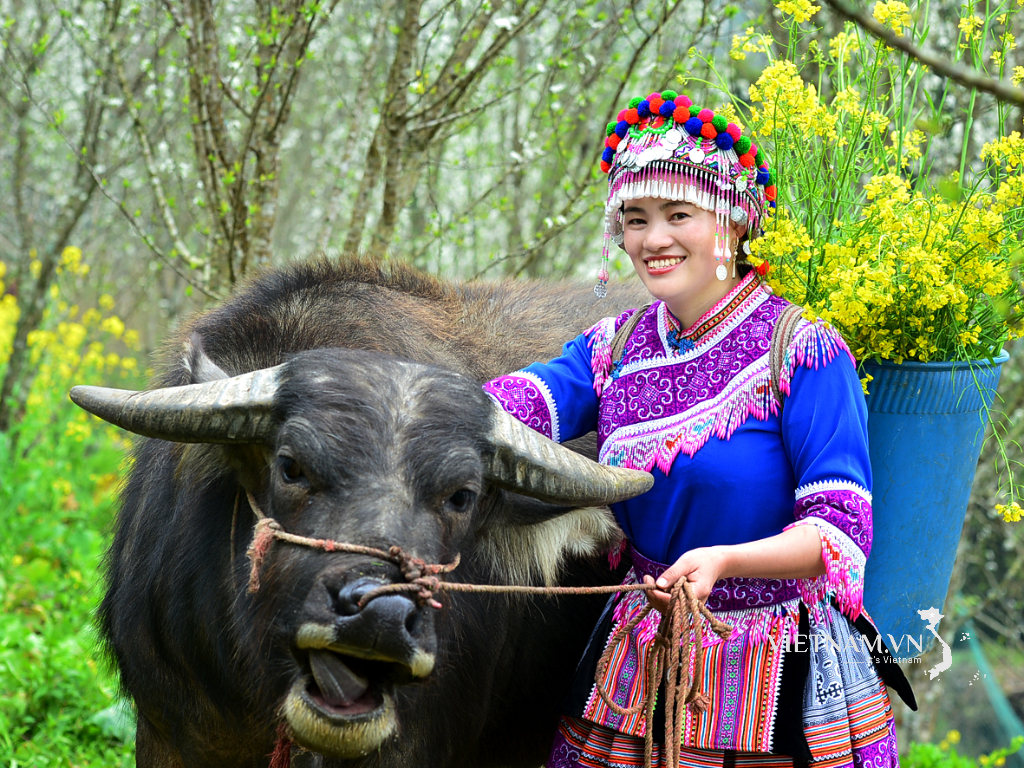




Comment (0)